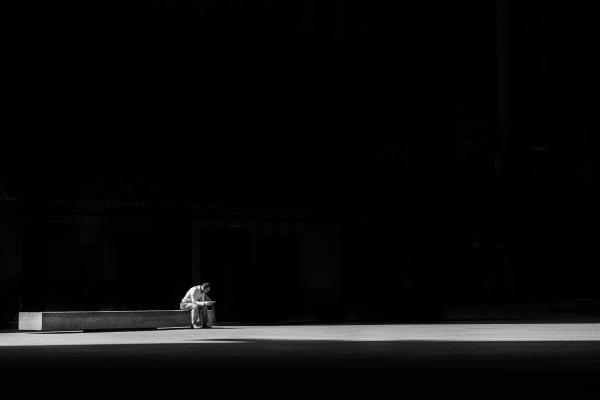Ahead of Mother's Day, New York Times bestselling author and historian of Christianity at Duke Divinity School Kate Bowler and Rev. Jim Wallis dig into a meaningful discussion about what being human looks like amid a global pandemic. From waking up in the morning to parent and raise a child to navigating the inevitable suffering life brings, Bowler provides a clarifying voice and perspective for how to live through these trying times.
Mother’s Day grief, spiritual care on the front lines, essential workers, and more.
The victim’s mother told police that within ten minutes of talking to her son, she called the church’s pastor, Mike Roy. Roy asked to meet with the victim’s mother the next day. At that meeting, the mother reported that Roy refused to believe her because “Shawn was a good friend of his and had worked at the church for two years.”
Are we equipped to muster the political, moral, and spiritual resources necessary to sustain our republic?
Julia Alvarez is a Dominican American novelist, poet, and recipient of a National Medal of Arts award. Her latest novel, Afterlife, came out in April, and her latest children’s book, Already a Butterfly: A Meditation Story, will be released in June. “A Glimpse of the Garden,” an essay by Alvarez on centering prayer, appears in the June issue of Sojourners magazine. Alvarez spoke with editorial assistant, Hannah Conklin, about her newly released books, the connection between her work and spiritual practices, and finding hope during the COVID-19 pandemic.
Monday, May 4, was the 50th anniversary of the Kent State shootings. Thirteen students were shot and four killed by the Ohio National Guard during a Vietnam War protest after the invasion of Cambodia. On that day, I was a student up the road at Michigan State University, helping lead Vietnam protests there. It all felt very personal. It still does.
Normally, in moments very unlike our present, I could sit and laugh with extended family without fearing that my presence will expose them to an early death. I could get takeout without having to surgically remove the food from its packaging in a designated clean room like it’s a rupturing spleen. I could even venture to a quiet park where I’m passed too closely by a jogger or family of five without having my existential ire erupt out of me like a sermon, delivered only to my weary family on the way home. Most days I was able to have a tough day at work without having to forage for canned beans and toilet paper in surgical gear at our local Kroger as a nightcap.
“When there’s a code blue or a stroke — when there’s pandemonium and crisis — everyone goes running,” Canosa said. “We joke that chaplains don’t run. Part of what we do is offer that calm and compassionate presence.”
Governor Kemp's COVID-19 response, and the killing of Ahmaud Arbery, replay a longer history.








